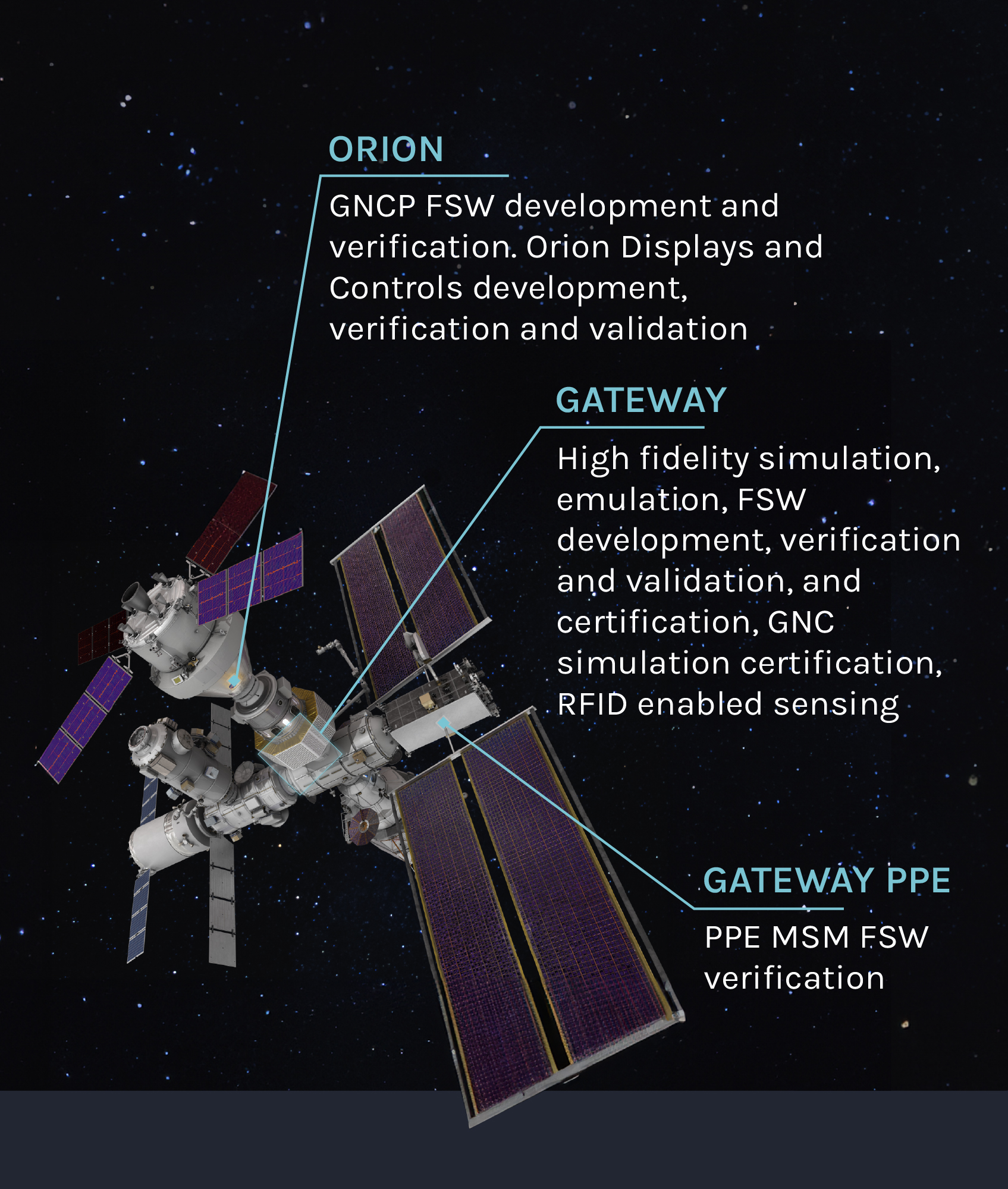





Core Capabilities
At Vedo, we reach beyond the edge of what is possible today, transforming complex, critical systems into elegantly-deployed solutions.
Embedded Software Integration & Advanced Test Engineering
Advanced Data Analytics & Rapid AI Model Generation
High-Fidelity Simulation Design Analysis & Reliability Testing
Autonomy-Enabling Solutions for Complex Systems
Real-Time Fault Detection & Diagnosis (RT-FDD)
Customized Engineering Consulting & Knowledge Transfer

AI-Driven Fault Detection System
Whetstone transforms your data into powerful AI models, delivering predictive insights and protection against system anomalies, with no coding or data science team required. Its intuitive, no-code interface streamlines AI development, letting your experts focus on what they do best.
Autonomous
Systems FAQs
High-fidelity simulation stress testing involves using detailed, accurate simulations to evaluate how systems perform under extreme conditions. This method helps predict failures and identify weaknesses in a system’s design by simulating real-world stresses and operational demands. It is commonly used in fields such as aerospace, engineering, and software development, where understanding the limits and robustness of systems is critical for safety and functionality.
Autonomy-enabling solutions work by leveraging advanced technologies such as artificial intelligence, machine learning, and robotics to create systems that can perform tasks independently without human intervention. These solutions integrate sensors, data, and algorithms to analyze environments, make decisions, and execute actions autonomously. They are essential in various industries, including automotive, manufacturing, and aerospace, where they enhance efficiency, safety, and innovation.
Real-time fault detection technology utilizes advanced monitoring and analysis tools to continuously check systems for any signs of failure or anomalies. By identifying issues as they occur, this technology allows for immediate corrective actions, reducing downtime and preventing catastrophic failures. This enhances the reliability and safety of systems by ensuring they operate within their designated parameters, thereby minimizing risks associated with equipment malfunctions and system failures.
Rapid AI model generation significantly accelerates the pace of innovation in aerospace software development. This approach allows for quick iterations and testing of complex algorithms, facilitating faster advancements in autonomous systems and real-time data analysis. By integrating these AI models into software solutions, the capabilities and performance of aerospace applications are heightened, leading to more efficient and safer space exploration technologies.




